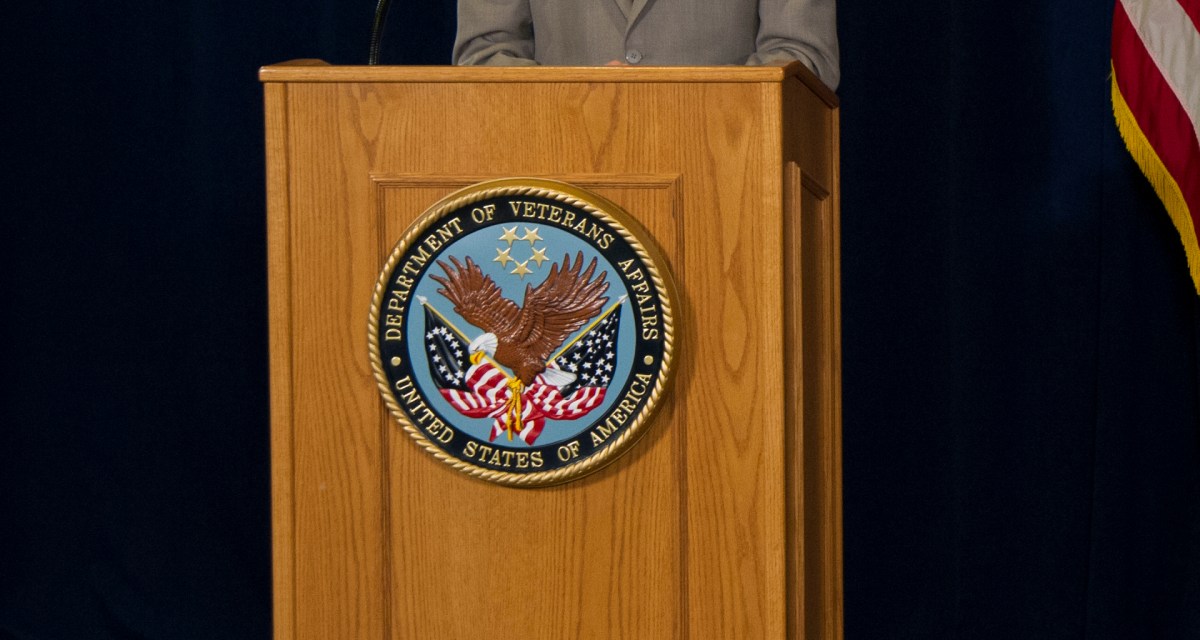White House, VA launch new website to protect veterans from fraud

The White House and the Department of Veterans Affairs launched a governmentwide website and call center Friday to better protect veterans and their families from scams and fraud attempts.
The new VSAFE.gov website offers veterans, service members and their loved ones a one-stop-shop for fraud support and reporting, including resources for prevention, response information and reporting assistance, according to a release. Additionally, the VA stood up a single call line to assist relevant parties with fraud-related questions that will route them “to the correct federal agency to address their specific concerns,” the release explains.
VSAFE combines resources from across the federal government — including the Department of Education, the Federal Trade Commission, the Internal Revenue Service, the Office of Management and Budget and others — to ensure there is no “wrong door” for veterans and service members to access tools and information to fight scam attempts.
VA Secretary Denis McDonough said in the release: “This new call center and website are a one-stop-shop for Veterans, service members, and their families to help avoid fraud and scams. We know that more Veterans than ever before are now receiving VA benefits, which sadly means that more bad actors are trying to steal those benefits. That’s why we’re launching these tools: to give these heroes every tool at the federal government’s disposal to protect themselves and their families.”
Coinciding with the launch of the new resources, the Office of Science and Technology Policy also released a five-year interagency strategic plan to address the Promise to Address Comprehensive Toxics Act, also known as the PACT Act, which was signed into law two years ago.
In November, Reps. Elise Stefanik, R-N.Y., and Mike Bost, R-Ill., introduced the Veterans Scam and Fraud Evasion (VSAFE) Act, which would establish a veterans scam and fraud evasion officer role in the VA. The bill would also provide identity theft resources and promote a “whole-of-government approach to fraud prevention” through federal cross-agency coordination to “effectively field fraud and scam inquiries,” according to a release from Stefanik’s office.
Additionally, in July, 29 legislators signed off on a letter addressed to McDonough to request an update regarding the VA’s actions to defend against scammers and protect veterans who are applying for PACT Act benefits. Members of Congress asked what steps the agency has taken to protect veteran data and privacy from collection and monetization, and if the VA has worked to ensure a directory of accredited veterans service organizations are placed higher up in search engine results, among other things.




